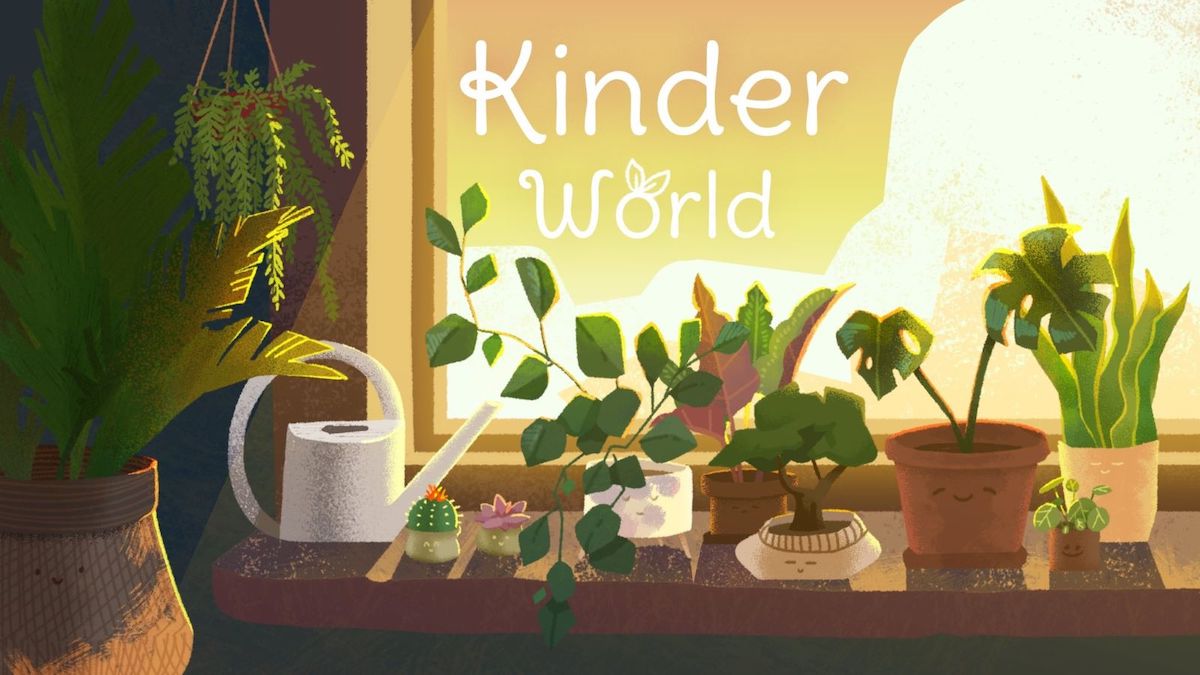Lumi is a social enterprise that’s having a big impact. Only last month they raised $10 million in seed funding (with VC firm a16z on the roster), as they scale their Kinder World wellbeing game/app/ecosystem to a broader audience.
OnImpact spoke with Lauren Clinnick, Lumi Co-Founder and CEO, about what it means to be a social enterprise.
What does your business do, and who are your customers?
Lumi Interactive is a game development studio, currently working hard on a free-to-play mobile game called Kinder World. Our game is made for (and by) a diverse group of women, non-binary folks, members of the LGBTQIA+ community, and anyone that these past few years have been less than kind to.
That said, calling Kinder World a game isn’t quite doing it justice.
It’s part game, part wellbeing app, built from the ground up to improve the mental health and resilience of our players, while nurturing a kind community in an increasingly unkind world.
Our evidence-based game mechanics are designed with a concept called ‘crowdhealing’ in mind – our theory that simply being an active member of a kind community is an effective way to heal from the stresses of everyday life.
What’s your mission?
The Lumi mission is simple: to make the world a kinder place.
What does it mean to you, to be a ‘social enterprise’?
A social enterprise is any business that is born from the desire to make the world a better place for all of us to live in – and I really do mean all of us.
Can you scale a mission? Are there challenges around growing your business, while also staying committed to your impact thesis?
Yes, you absolutely can! If anything, a strong purpose makes it easier to scale the team and players, but the games industry is a competitive one.
Some free-to-play mobile experiences use addictive or predatory monetisation schemes to maximise profits, but as a developer that’s curating a safe space and asking our players to be vulnerable with us, coercing them into spending money is simply not something we’re ever going to do.
We have to be mindful of the impact of every choice we make, from high-level business decisions like monetisation plans, right down to the accessibility of our in-game fonts, but truthfully, when you believe in the mission and the team is aligned, making these calls isn’t much of a challenge at all.
How have you seen investor sentiment change over the past 5 years, when it comes to recognising the value (or cost) of being mission-led?
A quick scroll through OnImpact’s front page is evidence that mission is a mandatory consideration for investors these days, but it’s important to keep in mind that they aren’t just funding these businesses out of the goodness of their own hearts.
Last year, a Deloitte study said that purpose would become the biggest differentiating factor for businesses in 2022, able to double their market value 4 times faster than others.
Investors see a genuine market opportunity in purpose-led brands, which is exciting news for us, but also the rest of the world that stands to benefit from our success.
Was there a business (either local or globally) that influenced the development of your organisation?
The Melbourne games industry is surprisingly small, and we wouldn’t have been able to come this far without the wisdom and support of our friends like Double Loop Games, Studio Drydock, and Proleteriat, Mighty Kingdom and Ultimate Studio, but we’re also inspired by local impact businesses outside of games like Mindset Health, RENTR, Who Gives a Crap and so many more.
What’s in store for your business in 2022?
The Early Access version of Kinder World is available for free download on iOS and Android right now, and we’re ramping production up for a full release before the end of the year.
There’s plenty of work to do between now and then from a marketing perspective, as well as working with our in-house wellbeing researcher to validate our ‘crowdhealing’ hypothesis, to make sure that Kinder World can genuinely help as many people as possible.
We’d love to see folks playing Kinder World, but our TikTok, Twitter and Instagram are great places to see the different ways that we’re marketing our purpose-led business.

